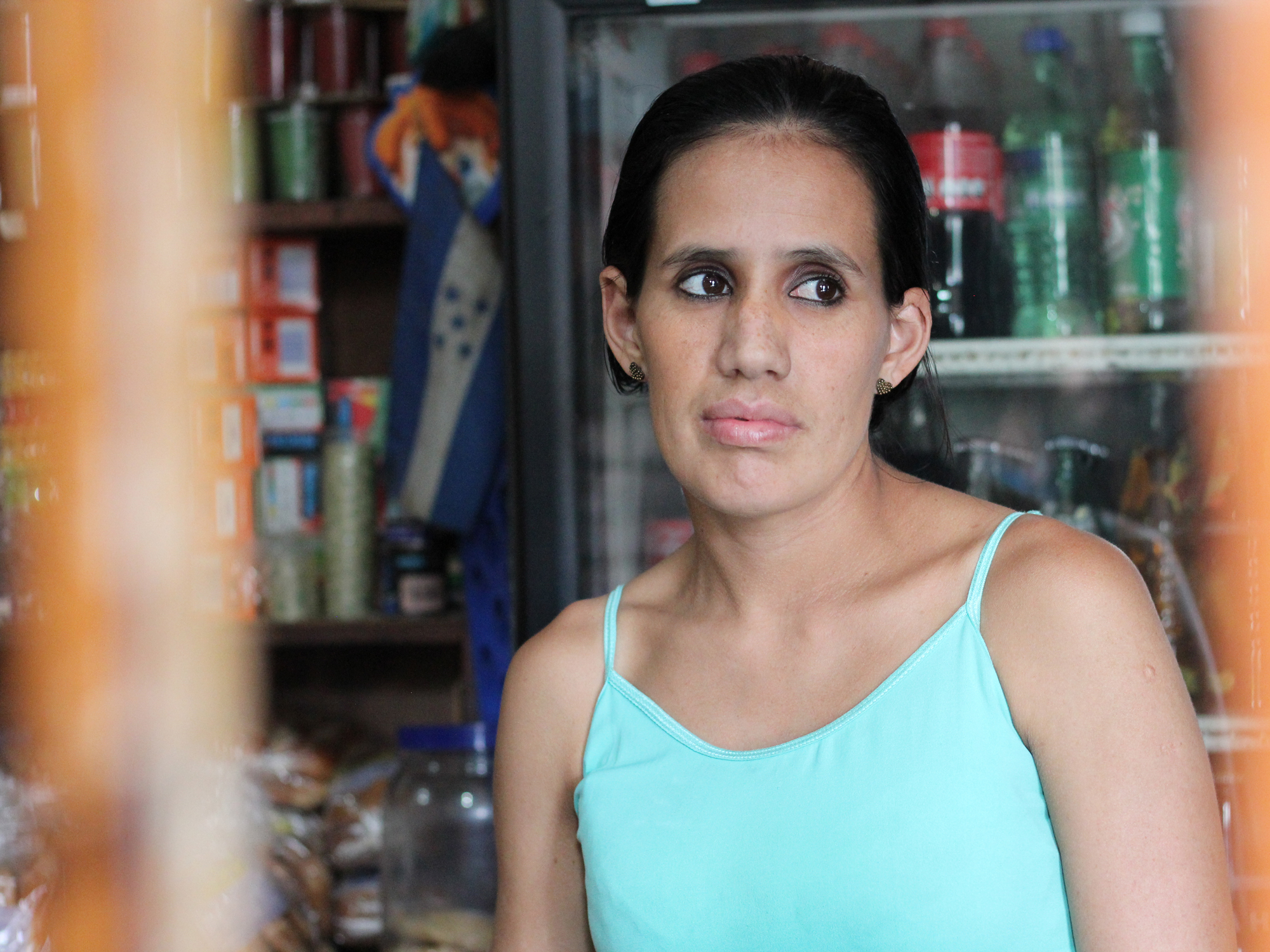Diosana Ulloa stood inside Mercadito Cho, behind iron bars painted orange. Tegucigalpa’s barrio (neighborhood) of La Plazuela swirled with movement and sound on this sunny Thursday afternoon.
A man inside the Chinese store sat on a pile of ropes, eating a cup of soup. Another customer sat in front of a maquinita, playing a video game.
Ulloa, 25, helps manage the business alongside the owners’ son, who declined to speak. In Tegucigalpa there is a prominent Chinese community, many of whom have stores and restaurants.
“They don’t like to talk,” Ulloa said of her co-manager and his aunt, who stood silently behind the iron bars. “Most people see it (her job) as difficult because their ways are a bit complicated, but not with me. I get along well with them.”
Beverages were displayed neatly in a refrigerator behind Ulloa, beside shelves of plump rolls and pastries. Ulloa was clear in that this wasn’t a pulpería, but a bazaar. We sell everything here — even toys, she said.
After work, Ulloa studies at night. She hopes to become a teacher someday.
“I have two children — my daughter is 5 and my son is 3,” Ulloa said. “I work for them… because if you don’t work, you don’t eat.”
The International Women’s Media Foundation supported Amaris Castillo’s reporting from Honduras as part of the Adelante Latin America Reporting Initiative.
